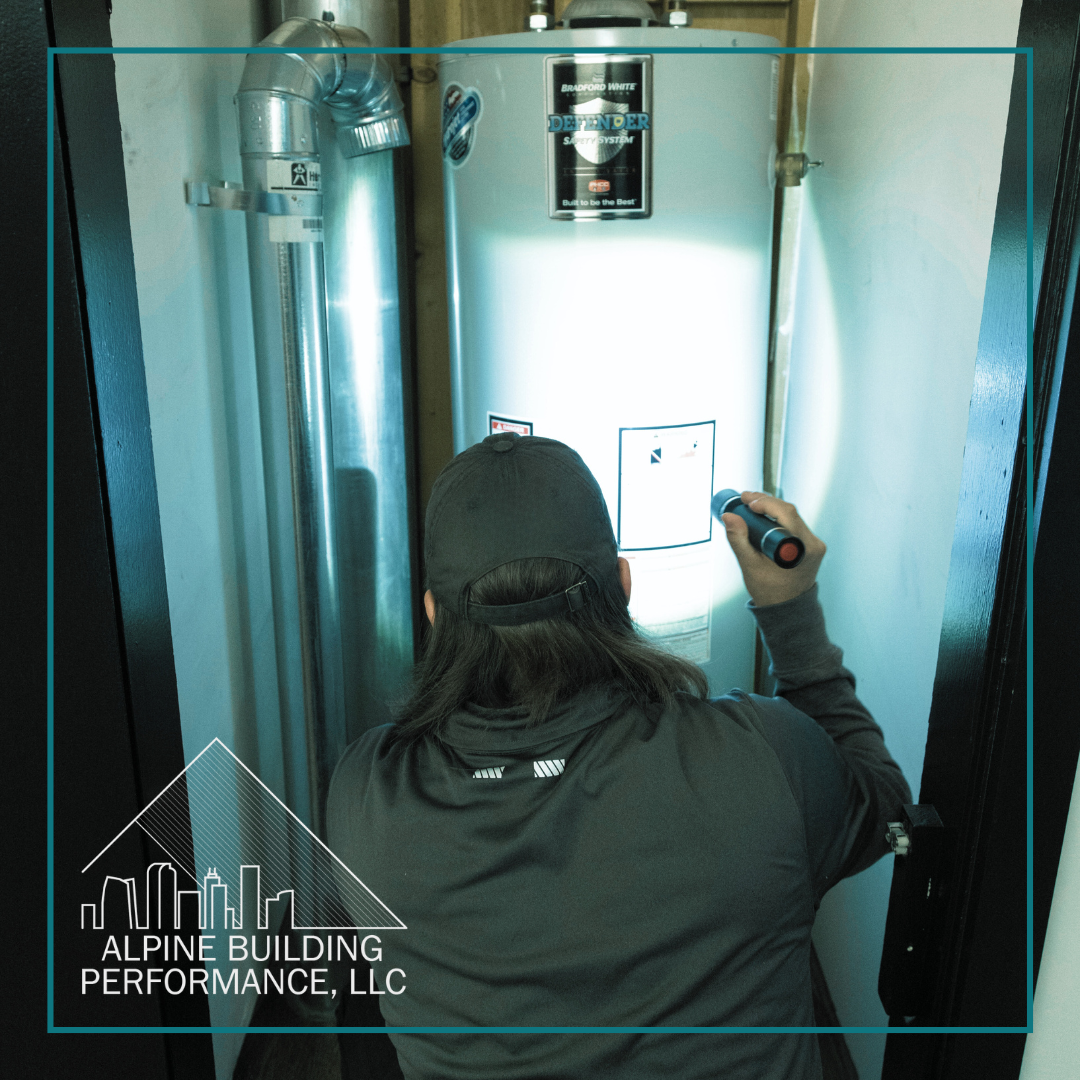Colorado’s New Law: What Small Landlords Need to Know About Mandatory Housing Voucher Acceptance
Colorado’s New Law: What Small Landlords Need to Know About Mandatory Housing Voucher Acceptance
One of our goals at Focus Real Estate in our property management division is to keep landlords informed on important legal changes to help them stay in compliance. In this case, we have a very important legal update that all landlords should be aware of, especially the ones that only have a few properties.
As of May 29, 2025, every residential landlord in Colorado must accept applicants who use housing vouchers or other forms of rental assistance—no matter how few properties you own. This represents a major shift in landlord-tenant law and compliance responsibilities for mom-and-pop property owners throughout the Denver area.
In the past, landlords who owned only a few homes were exempt from being required to accept housing voucher applicants, leaving it up to them to decide if they would or would not accept them. This law changes that and we’re writing this post to make sure landlords know about this new requirement! As you’ll see, there can be stiff penalties for non-compliance.
Many landlords are not aware of this so please share this with friends, family, and fellow investors that may not be in the know.
What Is the New Law?
Known as HB25-1240 – Protections for Tenants with Housing Subsidies, this law removes all prior exemptions for small landlords. Every single landlord in Colorado is now required to accept housing voucher applicants and treat all sources of income equally—including Section 8 and other rental subsidies. Simply put, declining an applicant because they use a voucher is now a form of illegal discrimination and a fair housing violation. The law also makes several other changes so be sure to review them all below.
Key Requirements for Landlords
- Universal acceptance: All landlords must accept housing subsidies, including federal Section 8 vouchers—no exceptions for portfolio size, property type, or number of units owned.
- Fair screening: Screening criteria must apply equally to all applicants, and you must process applications from voucher holders just like any other applicant.
- Cooperation with housing authorities: Landlords must promptly and in good faith complete all paperwork, respond to inquiries, and work with housing agencies managing voucher programs.
- Eviction changes: If a tenant receives rental assistance, landlords must now provide a 30-day written notice (instead of the previous 10-day notice) before initiating eviction for nonpayment.
- Late fee caps: Late fees for tenants paying with vouchers are now limited to $20, regardless of what your lease agreement says.
- Warranty of habitability: If part of a rental unit becomes uninhabitable, the law requires rent reductions based on the uninhabitable portion, even if rent was paid by a housing authority. Any prepaid rent or subsidy must be prorated and refunded for the period or portion considered uninhabitable.
- Penalties for noncompliance: Violations can bring steep fines—from $5,000 up to $50,000 per violation—plus other possible penalties and civil damages. There is no grace period: enforcement is in effect now.
What Small Landlords Should Do
- Review and update screening policies and lease documents to ensure they do not discriminate based on the source of income.
- Educate yourself and any staff on the 30-day notice requirements and capped late fees.
- Stay organized with documentation and be prepared to handle extra paperwork and communication with housing agencies.
- Know your mortgage: The 30-day notice rule also applies for non-subsidized tenants if your property is subject to a federally backed mortgage (such as FHA, VA, or USDA loans).
Why Consider Professional Property Management?
Managing these new requirements can be daunting—especially for small landlords in Denver who are used to a hands-on, one-property-at-a-time approach.
This is where having an experienced property management team like Focus Real Estate can help. We provide property management services specifically focused on the Central Park neighborhood and surrounding areas. To provide you with true peace of mind:
- We keep you compliant with ever-changing state and federal housing laws.
- We handle voucher paperwork, housing authority coordination, and tenant communications—reducing your risk of costly legal mistakes.
- Our expertise extends from tenant screening to move-in/move-out, rent collection, maintenance, and more, all tailored to the Denver market. (See our pricing & service offering)
- You get back more of your time—without the surprise headaches that can come from missed details or fines.
If you’re a small landlord with a property in or around the Central Park neighborhood feeling overwhelmed by these recent changes, let Focus Real Estate take the stress and uncertainty out of property management for you. That way, you can focus on what matters most—enjoying your investment and your life!
Are you ready for Colorado’s new laws? Here are 3 easy ways to contact Focus Real Estate if you’d like to connect about property management for your investment.












